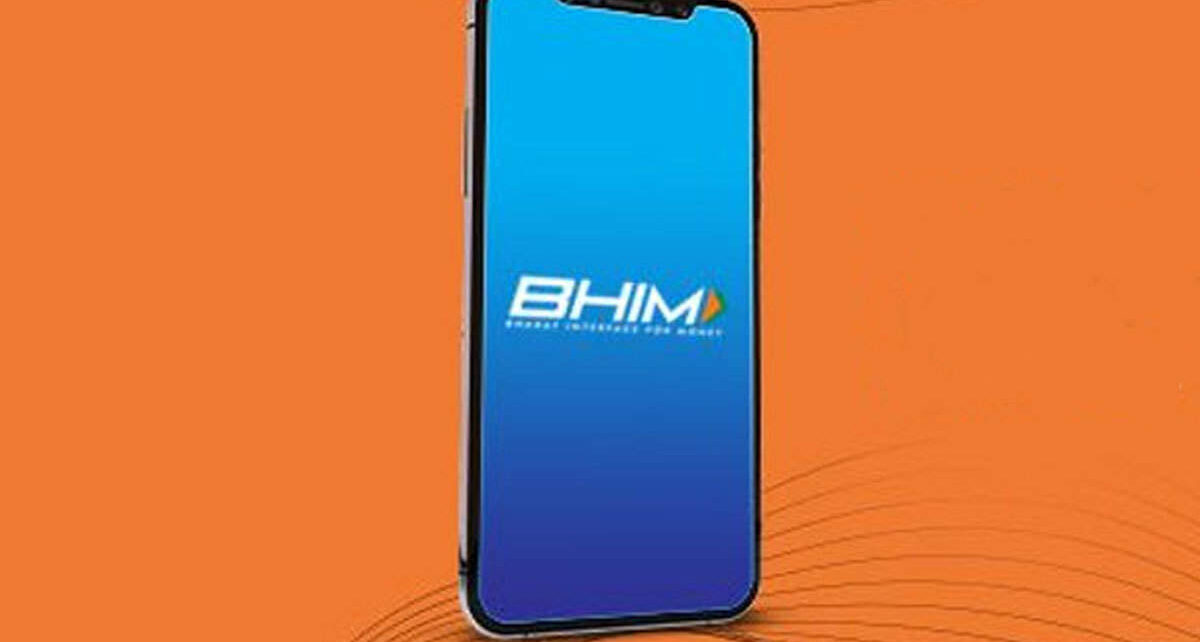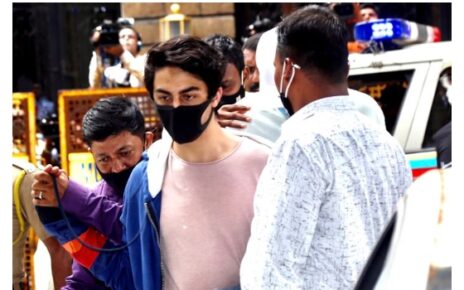Also, the day WhatsApp Pay entered the market, nodal agency for the retail payment systems came out with a rule that would impact big payment apps like Google Pay and PhonePe. In a press statement, National Payments Corporation of India (NPCI) said that the no third-party app part of UPI payment system would be allowed to carry out more than 30% of all UPI transactions. The volume of transaction will be measured for preceding three months on rolling basis and the rule will come into effect from January 1, 2021.
The impact of the new rule in the long term cannot be ascertained right now, but in the short term it is likely to hit Google Pay and PhonePe, which are popular and reportedly carry out as much as 80% of all UPI transactions.
“With UPI reaching 2 billion transactions a month and with potential for future growth, (NPCI) has issued a cap of 30% of total volume of transactions processed in UPI, applicable on all Third Party App Providers (TPAPs),” said NPCI. “This will be with effect from January 1, 2021. It will help to address the risks and protect the UPI ecosystem as it further scales up.”
Global tech giant Google criticised the move to cap the share of transactions, saying it would hinder the nation’s burgeoning digital payments economy.
The move will likely prevent the growth of payments services offered by Facebook, Alphabet’s Google and Walmart, while boosting the likes of Reliance’s Jio Payments Bank and SoftBank-backed Paytm, which are armed with bank permits.
“This announcement has come as a surprise and has implications for hundreds of millions of users who use UPI for their daily payments and could impact the further adoption of UPI and the end goal of financial inclusion,” Sajith Sivanandan, Business Head at Google Pay, India, said in a statement.
The new caps do not apply to Reliance’s Jio Payments Bank, or to Paytm, which have niche banking licences and do not fall into the “third-party apps” category.
Read here about WhatsApp Pay:




